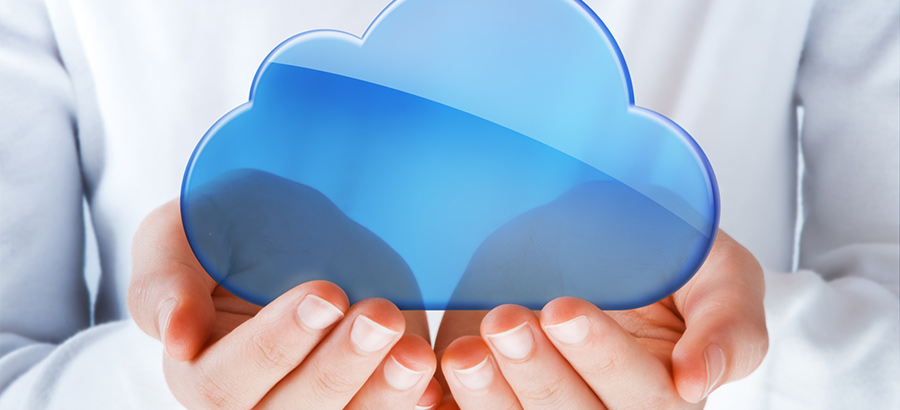- Advertising
- Bare Metal
- Bare Metal Cloud
- Benchmarks
- Big Data Benchmarks
- Big Data Experts Interviews
- Big Data Technologies
- Big Data Use Cases
- Big Data Week
- Cloud
- Data Lake as a Service
- Databases
- Dedicated Servers
- Disaster Recovery
- Features
- Fun
- GoTech World
- Hadoop
- Healthcare
- Industry Standards
- Insurance
- Linux
- News
- NoSQL
- Online Retail
- People of Bigstep
- Performance for Big Data Apps
- Press
- Press Corner
- Security
- Tech Trends
- Tutorial
- What is Big Data
But, Really, What Is the Cloud?

The cloud: it’s what everybody is talking about, few truly understand, and even fewer can agree on an exact definition. What does it mean to “store something in the cloud”? Where is it? What are the benefits, and are there any disadvantages? Here is everything you always wanted to know about the cloud and were afraid to ask.
What is the Cloud?

When people talk about the cloud, they say things are “virtualized”. Though there is a lot of talk about “virtualization” the cloud is very real in the sense that it is stored on physical machines. What makes cloud computing different than traditional mainframes or onsite databases is:
- -The cloud takes advantage of storage across resources instead of putting all of the data and applications on a single computer. This means that the workload (processing power, storage capacity, etc.) can be distributed for greater efficiency.
- -The cloud is usually an offsite storage facility or application. Most of the time, using the cloud means using computing resources offsite. The occasional exception is where enterprises run and manage their own cloud infrastructure.
- -The cloud is a catch-all term to include all storage and service providers, both the ones you’ve heard of (like your cell service provider that gives you backup for your devices) and the ones you haven’t.
- The cloud is not one thing in one place. It is many computers located in numerous warehouses around the world.
Where is the Cloud?

The cloud is located anywhere that a cloud service provider stores their machines. In the UK, most cloud service providers are located in the same country as their customers, due to national laws governing the storage, transfer, and access to sensitive consumer data. In the US, laws are a bit more relaxed. When choosing a cloud service provider, ask where your data will be stored and how, because that determines the laws under which your data can be stored, transferred, and accessed. When dealing with massively large cloud service providers, knowing exactly where your data is kept might be difficult or impossible. These organizations own and operate cloud storage facilities all over the world.
What are the Benefits of the Cloud?
Why is it preferable to store information and applications in the cloud instead of on your own computers, databases, and servers?
- -The cloud allows you to access information and tools from any device, anywhere you are that has computer access.
- -The cloud allows for access to multiple users at the same time.
- -The cloud is an excellent offsite backup in case your own computers or devices are damaged or destroyed.
- -The cloud doesn’t require you to purchase more hardware to boost your storage or power.
- -The cloud doesn’t require ongoing software purchases and updates. You always have access to the latest version of your applications.
What are the Holdups of Using the Cloud?
Sounds pretty perfect, right? Well, nothing is perfect. These are the downsides of using cloud resources:
- -You don’t actually own software you access via the cloud. Though the initial fee is usually far less than buying a software package, the fee is ongoing, usually charged by the month.
- -If you aren’t careful in choosing a cloud service provider, you might not know where your data is stored or who has access to it.
- -Since you don’t have physical control of the data and apps, there are security concerns unless your cloud service provider takes all the necessary security precautions.
What Can You Use the Cloud for?
Most people are already using some type of cloud service even if they don’t know it. All of the email services you access online are cloud-based (like Gmail, Hotmail, Yahoo! etc.). If you have a mobile device that backs up regularly, that data is backed up into a cloud server. This includes your photos, videos, and any other data stored in the phone. For business, cloud services include:
- -Offsite backup to support disaster recovery efforts.
- -Cloud-based applications. It is usually cheaper and easier for workers (especially remote workers) to access a cloud-based solution than to log into the company network.
- -Data storage and processing. As big data becomes more useful and powerful, businesses can invest in cloud services cheaper and easier than investing in huge IT infrastructures necessary to house and analyze big data.
The cloud is becoming one of the most powerful computing tools, allowing us to get more work done with fewer resources. Is your future partly cloudy?
Readers also enjoyed:

Bigstep features in Netcraft’s monthly Top 10….again


Leave a Reply
Your email address will not be published.